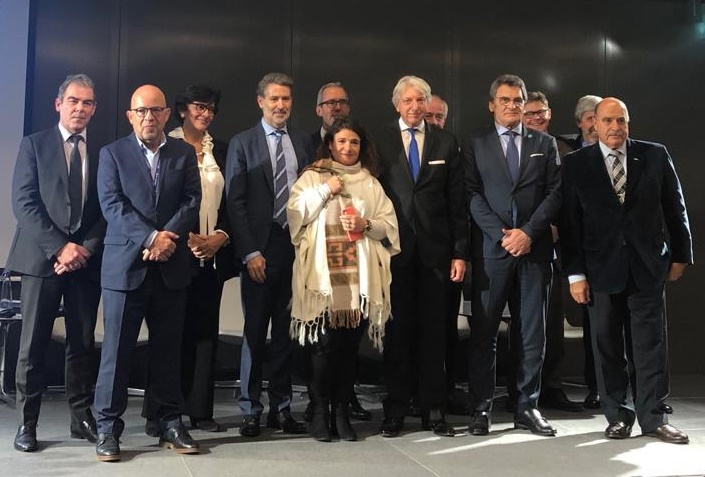7th January 2019 Geneva, Switzerland
Identifying Fallen Soldiers

It is fair to say that the UK and Argentina have had their differences. Yet at the end of 2018 the Permanent Missions of the Argentine Republic and the United Kingdom came together, with the support of the International Committee of the Red Cross (ICRC), to commemorate the completion of a joint humanitarian project to identify the remains of over 100 Argentine soldiers killed in 1982 during the armed conflict over the Falkland Islands.
Both countries put aside political differences in order to prioritise the right of families to know the fate of their relatives, just as envisaged by the Geneva Conventions and Additional Protocol I. For the first time, two sides jointly commissioned the ICRC to identify persons long missing in conflict.
In 1982, then-British Army officer, Geoffrey Cardozo, painstakingly buried the fallen soldiers in individual graves, preserving the possibility of future identification in line with the obligations incumbent on the UK by virtue of Article 17 of the First Geneva Convention. There they remained until 2017, when humanitarian agreement between the parties enabled their remains to be exhumed and matched with forensic and personal data gathered from those who loved them.
The success of the project was due in no small part to the logistical and other support provided by the government and people of the Falkland Islands, and to the expertise and sensitivity of the forensics team, which comprised Argentine, British and Spanish members. It was therefore an honour to welcome Roger Spink MLA and Colin Summers to the commemorative event, along with Maria Fernanda Araujo, the President of the Argentine Families Commission, who spoke movingly of learning of the final resting place of the brother she had lost 35 years before.
The humanitarian diplomacy we conduct here in Geneva – both within the institutions of the United Nations and with the ICRC – is underpinned by the principles elaborated in the international law which frames it: namely, that States have a responsibility to protect the humanity and preserve the dignity of their peoples, even in time of conflict.
This commemoration was a timely reminder that international humanitarian law is most effective when we harness this sense of unity.